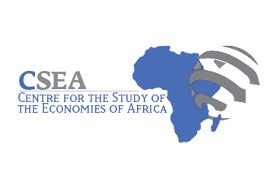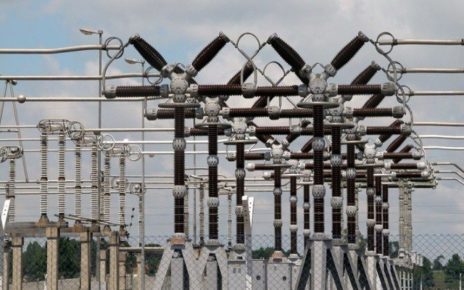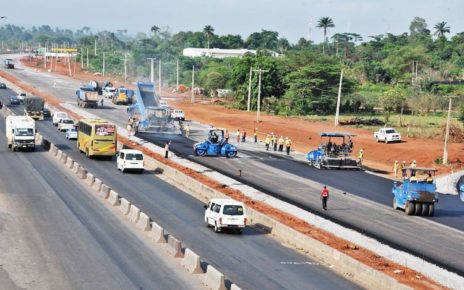As anxieties continue to mount over Nigeria’s rising inflation rate associated largely to spiking food prices, economists at the Centre for the Study of the Economies of Africa (CSEA), a leading Afro-focused economic research and consulting firm, have charged the governments to commit more resources to agricultural programmes and adopt other fiscal measures to reduce the general price level in the economy.
The experts, in the firm’s just published ‘Nigeria Economic Update Issue 45’ noted that data from the National Bureau of Statistics (NBS) showed that Nigeria’s headline inflation rate increased to 27.33% in October 2023 from 26.72% recorded in August 2023 and 21.09% in October 2022.
According to the researchers, the headline inflation, which showed that food inflation stood at 31.52% while Core inflation, which is all item excluding food and energy, rose to 22.58%, is three times the upper bound inflation target of 9%.
The data, which has persistently reflected double digit inflation rate, they noted, had eroded household purchasing power at a fast pace, thereby pushing thousands of Nigerians into poverty.
The CSEA experts projected that if the high inflation, especially food inflation, persisted for the next three months, insecurity and social unrest would increase at an alarming rate.
To avert the ugly scenario, they advocated the need for prompt action by the government, including implementing social protection programs for the most disadvantaged households and setting up food bank to increase access to quality and nutritional meals, is required from the government.
The researchers recalled that in July, President Tinubu declared state of emergency on food but that three months afterwards, food prices continued the upward trajectory rising from 25.25% in June to 31.52% in October.
They canvassed: “There is a need for the government to update the nation on the agriculture programme.
“This is important in unpacking likely drivers of the high food inflation beyond insecurity, flooding, and rising transportation costs.
“Additionally, the government can offer companies tax breaks and other financial incentives, particularly those about to go out of business due to high cost of operation”, the CSEA experts added.




